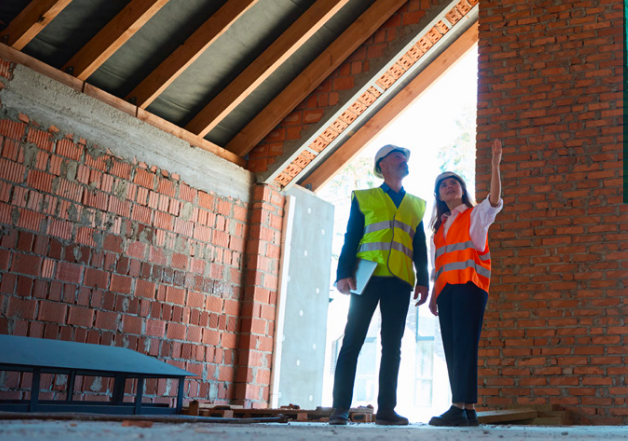UK Green Building Council (UKGBC): “Retrofitting our commercial buildings is critical to achieving our net zero carbon goals. The scale of the challenge and the rate of decarbonisation needed means ambitions need to be redoubled, without overlooking the easy wins.”
The UK Green Building Council (UKGBC) has launched new guidance on retrofitting large office buildings. Setting out the most cost- and carbon-effective retrofit measures in the immediate and longer term, the guidance reframes retrofit as an iterative process rather than a standalone project.
UKGBC has found that significant opportunities are being missed by office investors, owners, and occupiers who do not have clear retrofit strategies in place. Firstly, through missing the “easy wins” –low cost, low disruption measures that reduce energy consumption – and secondly, through missing key “trigger points” in lease and maintenance cycles that facilitate easier, more efficient retrofit.
For the UK to meet the carbon trajectory set out in UKGBC’s Whole Life Carbon Roadmap, an overall 59% reduction in energy consumption in the office sector is required by 2050. Commercial buildings are not currently being retrofitted at the pace or scale necessary, risking the UK not meeting critical net zero milestones.
Without action, many owners will be left vulnerable to stranded assets, as market demand for sustainable space grows and minimum energy efficiency standards (MEES) tighten. 77% of UK office stock currently has an energy performance certificate (EPC) rating below B and is anticipated to be unlettable by 2030.
UKGBC’s report shows that deep retrofit is generally required to achieve deep cuts in operational energy use (60-65%), transition building systems away from fossil fuels, and meet best practice 2030-2035 energy performance targets for offices. Significant reductions in operational energy use are also possible through both optimisation and light retrofit (26% and 15% respectively), and these generally include the most cost- and carbon-effective retrofit measures. Taking intermediate steps can mean deep retrofits can later be carried out more swiftly, with less extensive works.
A lack of clarity from government around MEES deadlines has led to hesitancy or delay among some investors and owners. However, EPC ratings are only an indicator of potential performance and do not reflect actual energy use. UKGBC argues that for policy drivers to be effective in reducing operational carbon emissions, we need a performance-based policy framework.
A performance-based framework would also encourage energy optimisation, which is integral to maximising energy efficiency through both light and deep retrofit. Optimisation depends on continued collaboration, monitoring and sharing of data between landlords and occupiers to improve and maintain performance levels.
Read full summary and download the full UKGBC Report HERE
About the UK Green Building Council
UKGBC is the membership-led industry network radically transforming the sustainability of the built environment. Powered by 700+ members, UKGBC is at the forefront of positively influencing policy, identifying the pathways to propel the sector forward sustainably and driving the solutions to transform our buildings, communities, cities and infrastructure so that people and nature thrive.





